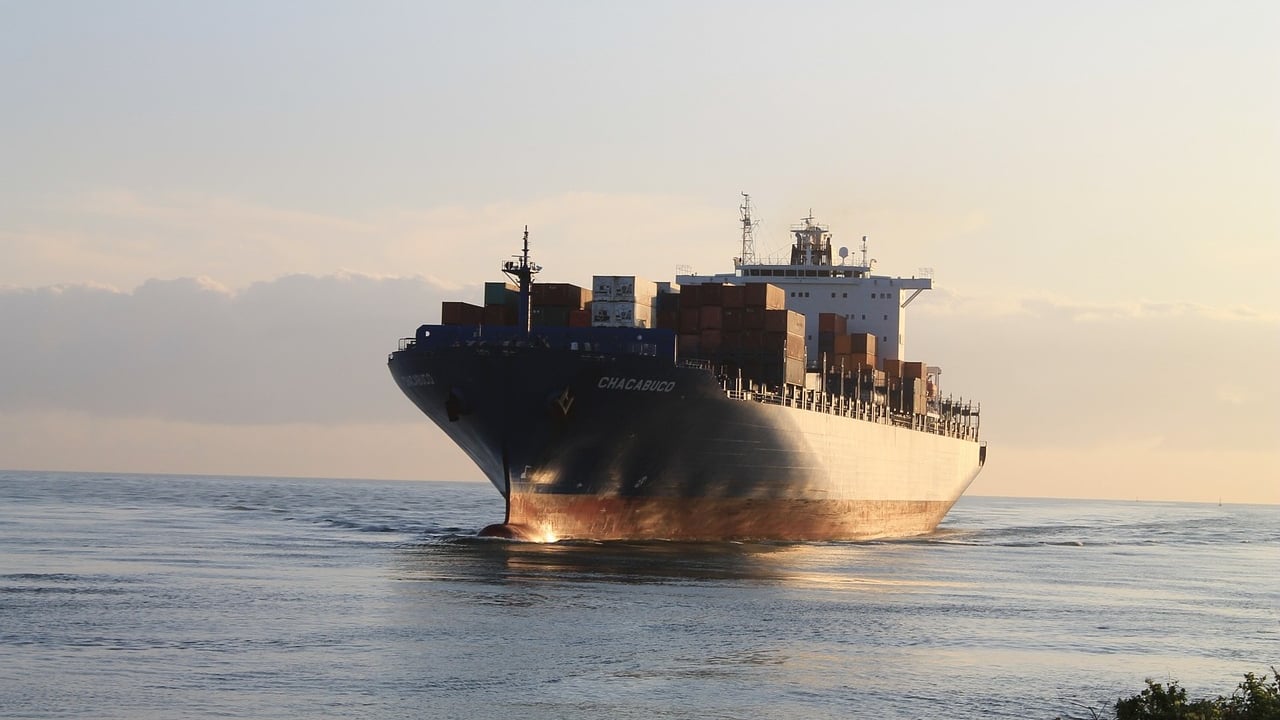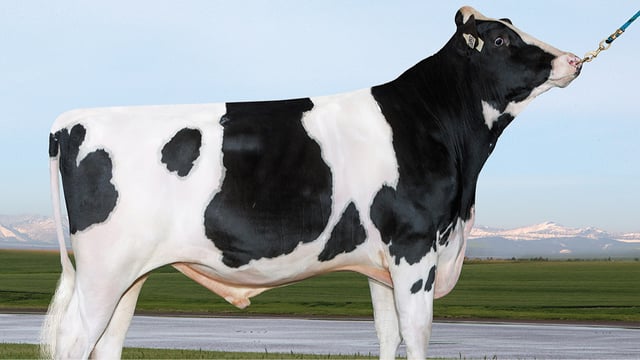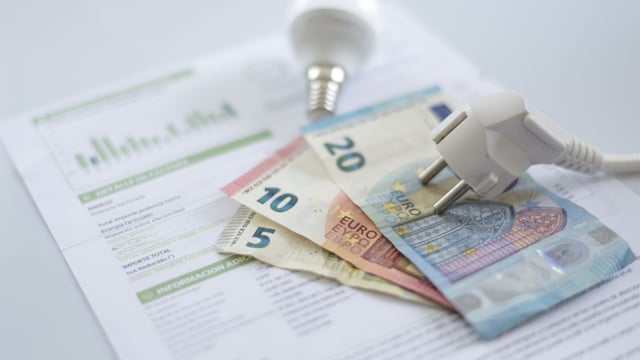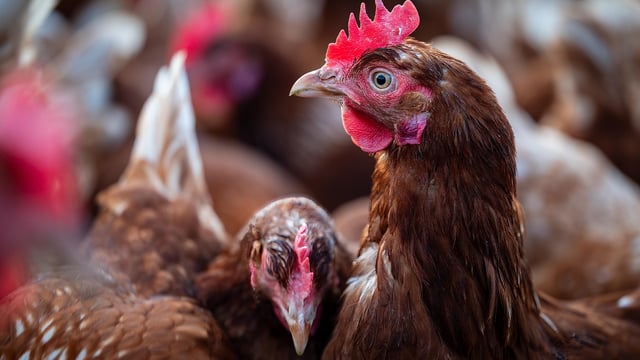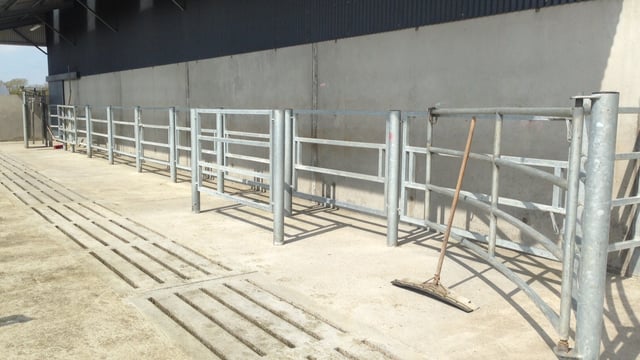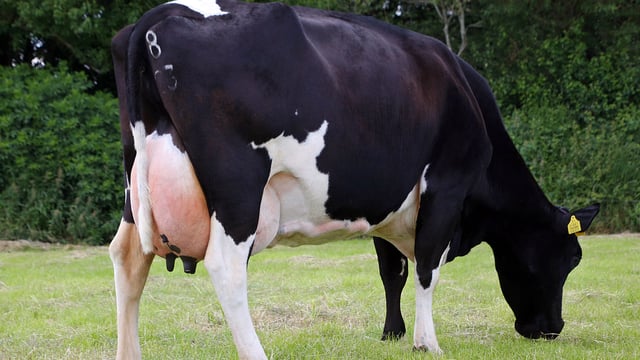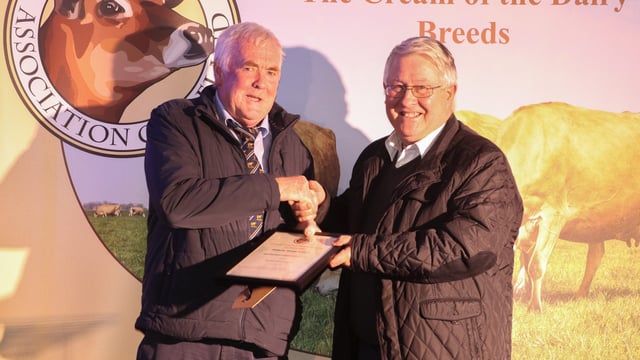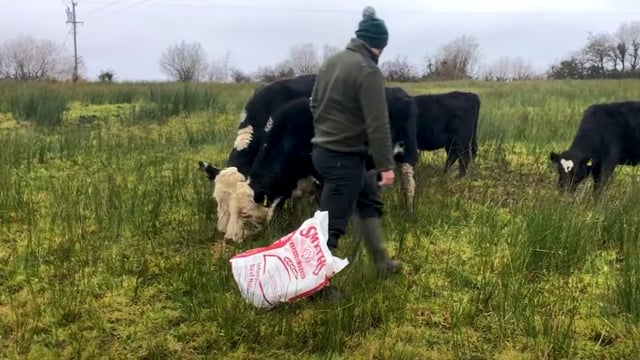Mercosur to 'increase transparency' with WTO 'notifications'
The member states of Mercosur - Argentina, Brazil, Paraguay and Uruguay - are to work more closely with the World Trade Organization (WTO) on its internal regulations for animal and plant health.
This is in an effort to increase transparency by allowing non-Mercosur states to provide opinions on the bloc's internal rules before they are adopted, according to the Brazilian government.
Previously, Mercosur member states notified the WTO of their regulatory changes separately from each other.
A statement from Brazil's Ministry of Agriculture and Livestock (translated from Portuguese) said that the Mercosur countries have reached a "technical consensus" to make joint notifications to the WTO on draft resolutions from its technical subgroups.
The Brazilian ministry said that the measure raises the level of Mercosur's regulatory process by submitting proposals to international public consultation before their final adoption.
Brazil's ministry will be acting as the focal point for notifying the WTO on Mercosur's regulatory proposals, it said.
"With the new arrangement, Argentina, Brazil, Paraguay and Uruguay will now inform, in a coordinated manner, the other WTO members about regulations being drafted in Mercosur," the ministry's statement said.
"The procedure increases transparency, allows external technical contributions, and provides predictability to the harmonisation of rules, with the potential to reduce rework and shorten implementation deadlines in the bloc," it added.
This initiative will cover Mercosur's animal health, plant health and wine committees. The Brazilian authorities said that regulatory convergence with its trading partners in these areas "is decisive for access to the regional market and for competitiveness in third markets".
"By consolidating a single notification per regulation, Mercosur creates a clear channel for receiving and processing international comments, favouring impact assessments and alignment with multilateral best practices," the ministry said.
The proposal to notify the WTO of its regulatory changes will have to go through a process of consideration on a political level before it enters into force.
If approved, the initiative will enter into force immediately, and the Brazilian ministry will begin submitting notifications to the WTO, and will also adopt a schedule of future notifications, as well as a process for receiving comments from non-Mercosur countries.

